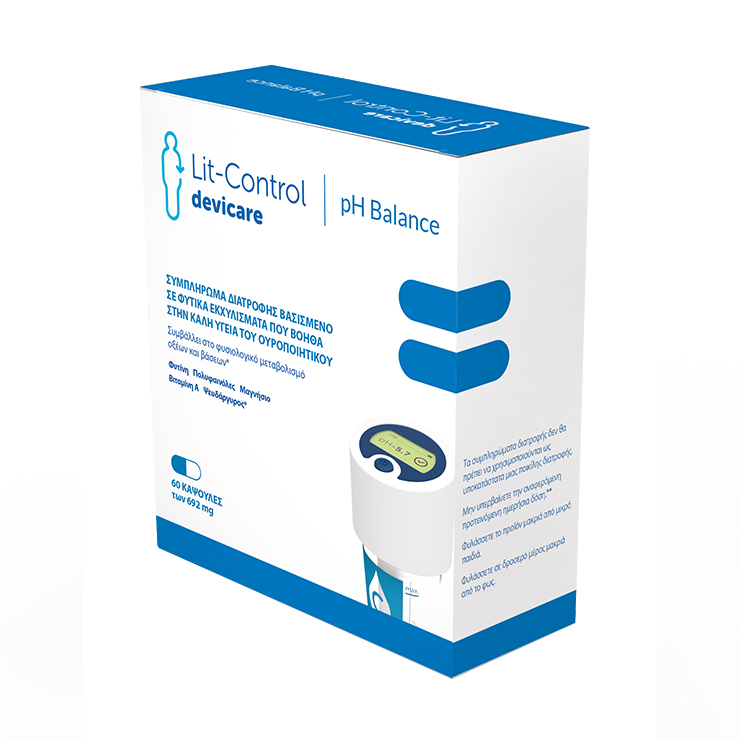WHAT IS IT?
Renal stone is the pathology that encompasses all of the types of kidney stones and calculi formed from the chemical substances and mineral salts present in urine. These stones usually form in the renal cavities, but they can also form in the other urinary tracts (ureter and bladder) through which the urine flows until it is passed.
When the size of the kidney stones is bigger than the urinary tracts through which they travel, they are held back and obstruct the passage of the urine. Consequently, a very intense pain is generated in the affected area, called renal colic.

